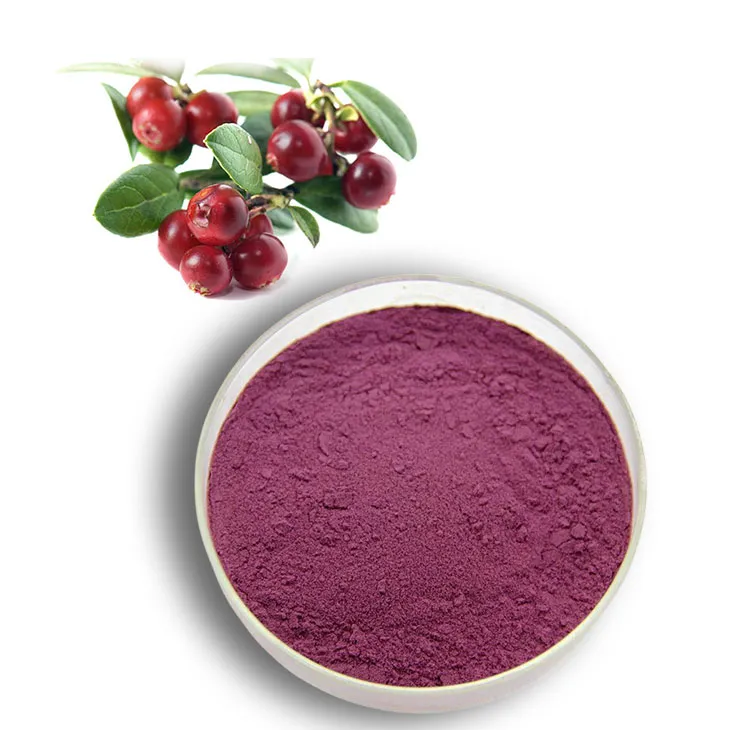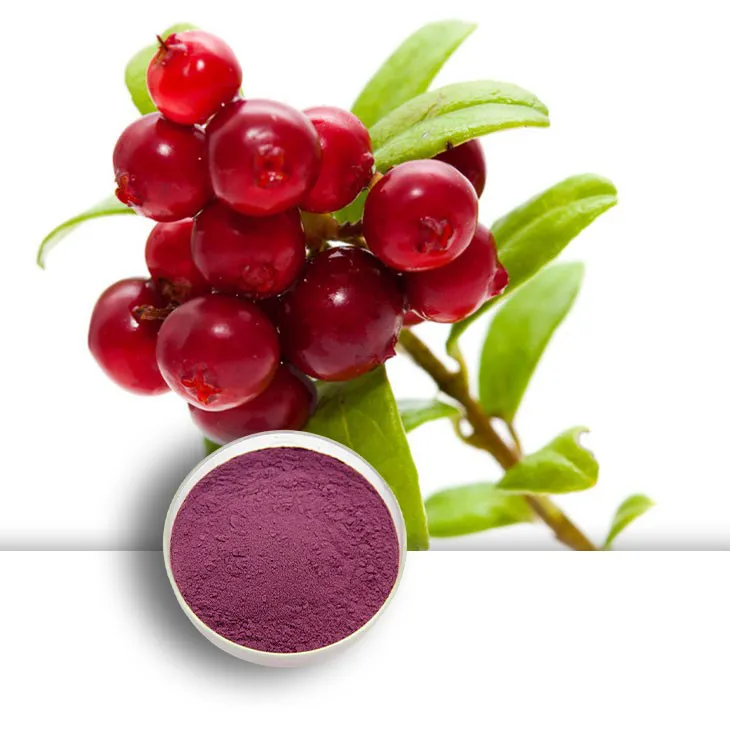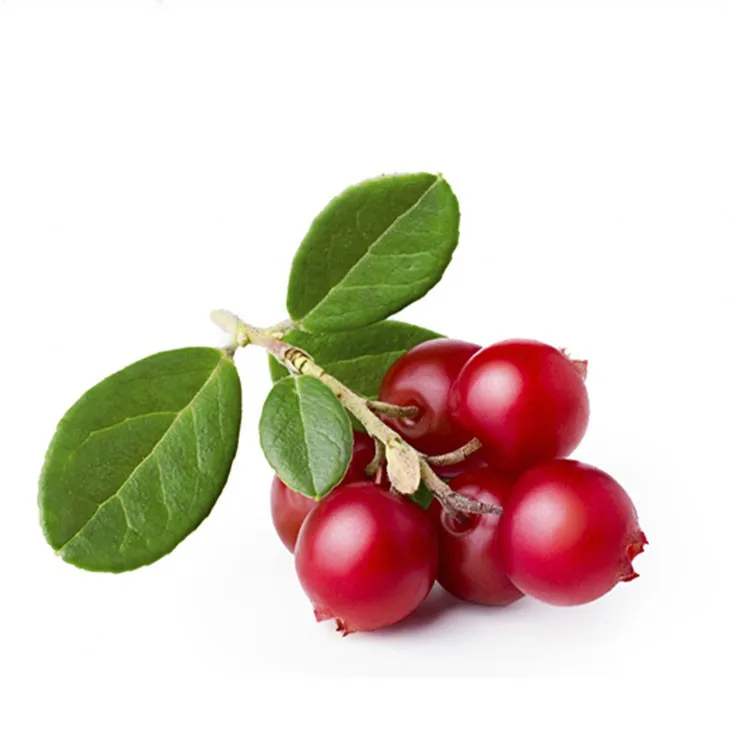- 0086-571-85302990
- sales@greenskybio.com
European Bilberry Extract Production: A Complete Guide for Consumers and Manufacturers
2024-12-11

1. Introduction to European Bilberry
The European bilberry (Vaccinium myrtillus) is a small, dark - blue berry native to Europe. It has been used for centuries in traditional medicine for various health benefits. The bilberry is rich in anthocyanins, which are powerful antioxidants known for their potential to improve vision, reduce inflammation, and support cardiovascular health.

2. The Production Process of European Bilberry Extract
2.1 Harvesting
- Timing: The harvesting of bilberries is crucial. They are typically harvested in late summer or early autumn when they are fully ripe. This ensures the highest concentration of active compounds. - Methods: Bilberries are usually hand - picked to avoid damaging the delicate fruits. Hand - picking also allows for the selection of only the ripe berries, which is important for the quality of the extract.
2.2 Drying
- After harvesting, the bilberries need to be dried. Drying helps to preserve the berries and concentrates their active ingredients. - There are different drying methods, such as air - drying and low - temperature drying. Low - temperature drying is preferred as it helps to retain the heat - sensitive compounds, especially the anthocyanins.
2.3 Extraction
- Solvents: The extraction process involves using solvents to draw out the active compounds from the dried bilberries. Common solvents include ethanol and water. Ethanol - water mixtures are often used as they can effectively extract the anthocyanins while maintaining their stability. - Techniques: There are various extraction techniques, such as maceration and percolation. Maceration involves soaking the dried bilberries in the solvent for a period of time, usually several days. Percolation, on the other hand, is a continuous extraction method where the solvent is passed through the bilberry material. - Concentration: After extraction, the resulting liquid is concentrated to increase the concentration of the active compounds. This can be done through evaporation under reduced pressure to avoid overheating the extract.
2.4 Purification
- The extracted Bilberry Extract may contain impurities, such as residual solvents and other plant materials. Purification steps are necessary to remove these impurities. - Filtration and chromatography are common purification techniques. Filtration can remove larger particles and debris, while chromatography can separate and purify the active compounds more precisely.

3. Quality Control in European Bilberry Extract Production
3.1 Raw Material Inspection
- Before production, the raw bilberries are carefully inspected. This includes checking for signs of mold, disease, or damage. Only high - quality bilberries should be used for extraction. - The origin of the bilberries is also important. Bilberries from unpolluted and well - managed regions are likely to produce better - quality extracts.
3.2 In - Process Testing
- During the production process, various tests are carried out. For example, the concentration of anthocyanins can be measured at different stages of extraction and concentration. - Tests for solvent residues are also essential to ensure that the final product meets safety standards.
3.3 Final Product Analysis
- Once the bilberry extract is produced, a comprehensive analysis is performed on the final product. This includes determining the total phenolic content, antioxidant activity, and the purity of the extract. - Microbiological tests are also carried out to check for the presence of harmful bacteria, fungi, or other microorganisms.

4. Applications of European Bilberry Extract
4.1 Nutraceuticals
- In the nutraceutical industry, bilberry extract is used in dietary supplements. It is often promoted for its potential to improve eye health. The anthocyanins in bilberry extract may help to protect the eyes from oxidative stress and improve night vision. - It is also used for its anti - inflammatory properties, which can be beneficial for joint health and overall well - being.
4.2 Cosmetics
- Bilberry extract is used in cosmetics due to its antioxidant and anti - inflammatory properties. It can be found in skin creams, lotions, and serums. - In skincare products, it may help to reduce the signs of aging, such as wrinkles and fine lines, by protecting the skin from free radical damage.
4.3 Pharmaceuticals
- In the pharmaceutical field, research is being conducted on the potential of bilberry extract in treating various diseases. Some studies suggest that it may have a role in managing diabetes by improving blood sugar control. - It may also be useful in treating certain cardiovascular diseases, although more research is needed in this area.
5. How Consumers Can Make Informed Choices
5.1 Check the Label
- Ingredient List: Consumers should carefully check the ingredient list on the product label. Look for products that clearly state the source of the bilberry extract and the concentration of active compounds, such as anthocyanins. - Additives: Also, check for any additives or fillers in the product. Avoid products with excessive amounts of artificial colors, flavors, or preservatives.
5.2 Look for Certifications
- Quality Certifications: Look for products that have quality certifications, such as GMP (Good Manufacturing Practice) certification. This indicates that the product has been produced in a clean and controlled environment following strict manufacturing standards. - Organic Certifications: If possible, choose products with organic certifications. Organic bilberry extract is produced from bilberries grown without the use of synthetic pesticides and fertilizers, which may be safer and more environmentally friendly.
5.3 Research the Brand
- Reputation: Research the brand of the bilberry extract product. Look for brands with a good reputation for quality and customer service. You can read online reviews and testimonials from other consumers. - Transparency: A reliable brand should be transparent about its production process, sourcing of raw materials, and quality control measures.
6. Conclusion
European bilberry extract has a wide range of potential applications in nutraceuticals, cosmetics, and pharmaceuticals. The production process involves careful harvesting, drying, extraction, purification, and quality control steps. For consumers, making informed choices when purchasing bilberry extract products is important to ensure the safety and effectiveness of the product. By understanding the production process and following the guidelines for choosing a quality product, both consumers and manufacturers can benefit from the valuable properties of European bilberry extract.
FAQ:
Q1: What are the main sources of European bilberry for extract production?
The main source is, of course, the European bilberry (Vaccinium myrtillus) plants. These plants are typically found in the wild across various regions in Europe. However, some are also cultivated in a controlled environment to ensure a stable supply for extract production. The berries are carefully harvested when they reach the optimal ripeness to ensure the best quality for extraction.
Q2: What are the key steps in the production process of European bilberry extract?
First, the bilberries are harvested. Then, they are cleaned thoroughly to remove any dirt, debris or unripe berries. After that, the extraction process begins. This usually involves using solvents like ethanol or water to draw out the active compounds from the bilberries. The extract is then purified to remove any unwanted substances. Finally, it is concentrated to the desired potency and may be further processed into different forms such as powder or liquid for various applications.
Q3: How can consumers identify high - quality European bilberry extract products?
Consumers can look for several factors. Firstly, check the product label for information on the source of the bilberries and the extraction method used. High - quality products often use pure and natural extraction methods. Secondly, look for certifications from reliable regulatory bodies. Thirdly, the reputation of the brand can also be an indicator. Brands with a long - standing history of producing quality supplements are more likely to offer high - quality European bilberry extract. Additionally, check for the concentration of active ingredients and compare it with industry standards.
Q4: What are the common applications of European bilberry extract?
European bilberry extract has several applications. In the field of health and wellness, it is often used for its antioxidant properties. It may help in improving eye health, as it contains compounds like anthocyanins which are beneficial for the eyes. It can also be used in the cosmetic industry due to its potential anti - aging effects on the skin. In addition, some studies suggest that it may have benefits for cardiovascular health, although more research is needed in this area.
Q5: Are there any potential side effects of consuming European bilberry extract?
While European bilberry extract is generally considered safe for most people when consumed in appropriate amounts, there can be some potential side effects. Some people may experience mild gastrointestinal issues such as stomach upset or diarrhea. Also, as it may have blood - thinning properties, those taking blood - thinning medications should consult a doctor before using bilberry extract products to avoid potential interactions.
Related literature
- Production and Quality Control of Botanical Extracts: European Bilberry as a Case Study"
- "The Therapeutic Potential of European Bilberry Extract: A Review"
- "European Bilberry Extract in the Cosmetic Industry: From Production to Application"
- ▶ Hesperidin
- ▶ Citrus Bioflavonoids
- ▶ Plant Extract
- ▶ lycopene
- ▶ Diosmin
- ▶ Grape seed extract
- ▶ Sea buckthorn Juice Powder
- ▶ Fruit Juice Powder
- ▶ Hops Extract
- ▶ Artichoke Extract
- ▶ Mushroom extract
- ▶ Astaxanthin
- ▶ Green Tea Extract
- ▶ Curcumin
- ▶ Horse Chestnut Extract
- ▶ Other Product
- ▶ Boswellia Serrata Extract
- ▶ Resveratrol
- ▶ Marigold Extract
- ▶ Grape Leaf Extract
- ▶ New Product
- ▶ Aminolevulinic acid
- ▶ Cranberry Extract
- ▶ Red Yeast Rice
- ▶ Red Wine Extract
-
Quercetin
2024-12-11
-
Lemon Extract
2024-12-11
-
Lemon Juice Powder
2024-12-11
-
Hedyotis Diffusa Extract
2024-12-11
-
Nettle Root Extract
2024-12-11
-
Honeysuckle Pollen
2024-12-11
-
Jujube Extract
2024-12-11
-
Tormentil Extract
2024-12-11
-
Dan Shen Root Extract/Salvia Root Extract
2024-12-11
-
Saffron Extract Powder
2024-12-11





















